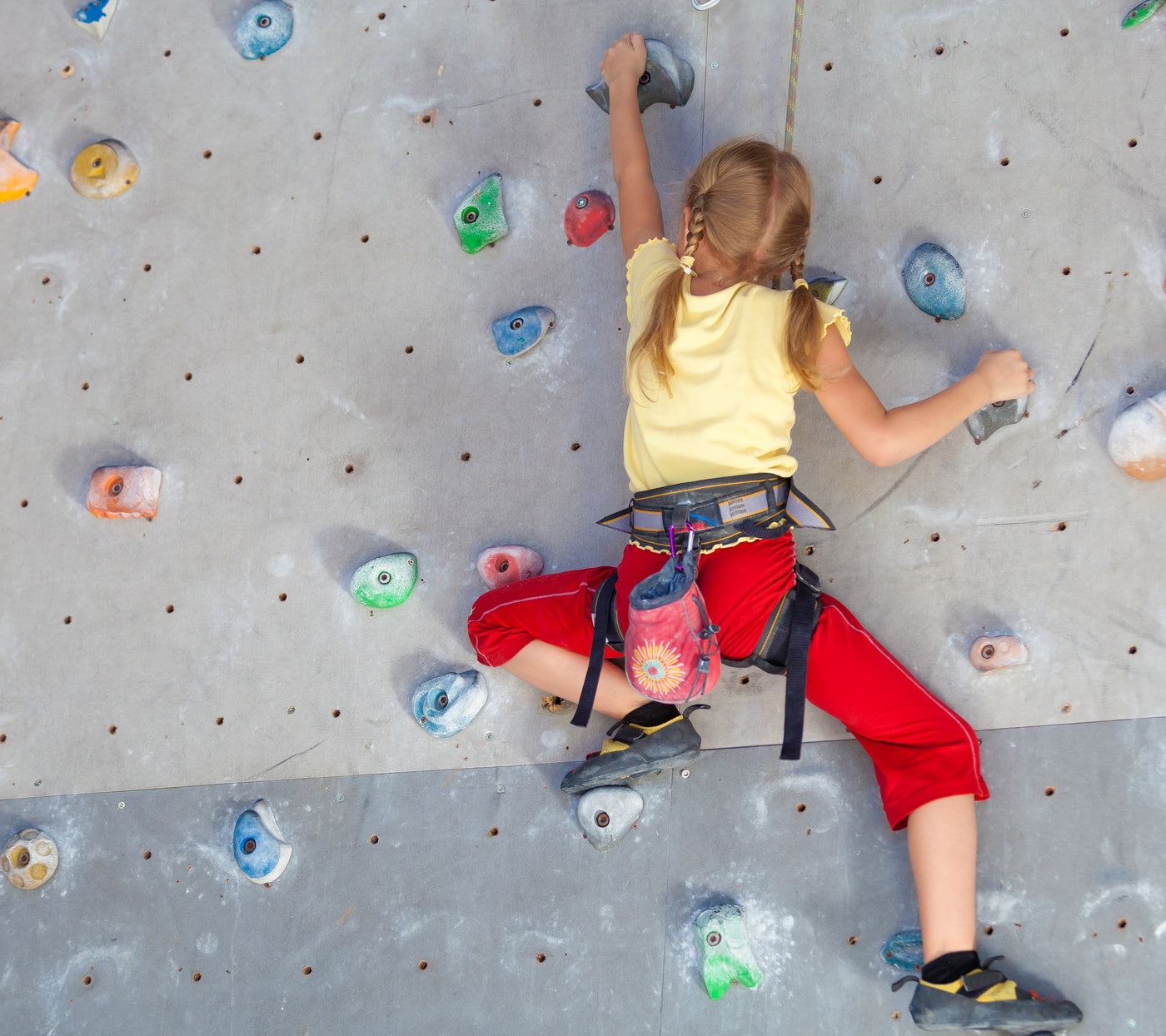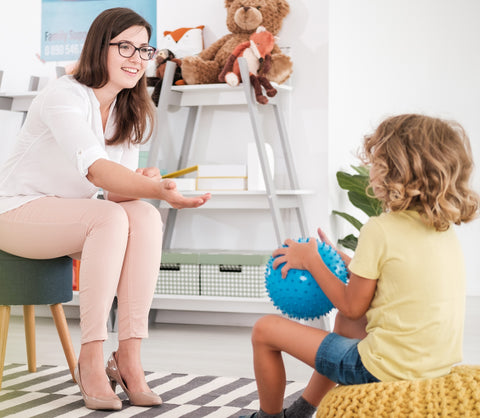
There are lots of different techniques & treatment approaches that Occupational Therapists (OT's) use to teach children new & unfamiliar tasks. A popular evidenced-based approach is the CO-OP approach & it's an easy one for parents to also use at home especially for teaching ball skills, handwriting, cycling & dressing.
If you are looking for specific activities to do with your child, I have designed motor skill programs for Preschoolers & School-Aged kids which you can view by clicking on the age range that suits your child.

There are three distinctive phases when learning a new skill:
Cognitive phase: It is necessary to pause & think about each movement before attempting it.
Associative phase: Less thought is required to carry out individual steps, however the overall task it is not yet fluid.
Autonomic phase: no longer need to think about the movement and it gets more and more refined with practice.
If you are trying to make sense of these steps, then just reflect on when you were learning to drive & go back through each of the phases.
Some people move between these phases much faster than others & that can be dependent on their motor planning.
Key features of the CO-OP approach include:
So maybe it's easier to understand when I discuss a specific skill that you might be teaching your child.
Task/Goal: To independently put on his shorts for soccer practice.
Performance Anaysis:
Possible Strategies:
Once you have decided on a goal with your child & observed their performance & listed possible strategies (as above); you can then move onto the global problem solving strategy in CO-OP which is GOAL, PLAN, DO, CHECK.
Goal: What do I want to do?
Plan: How am I going to do it?
Do: Do it! (carry out the plan)
Check: How well did the plan work?

So obviously for most children, there will be hiccups along the way so here are a few strategies that might be helpful: